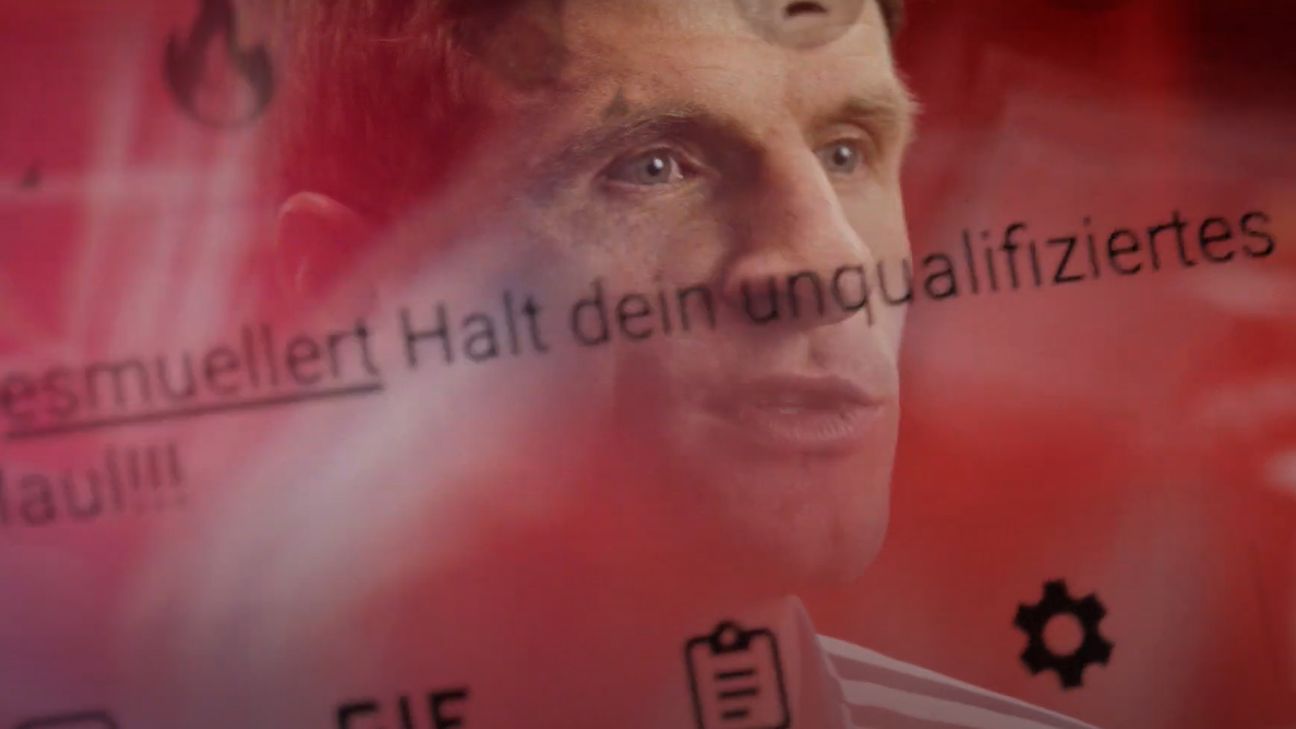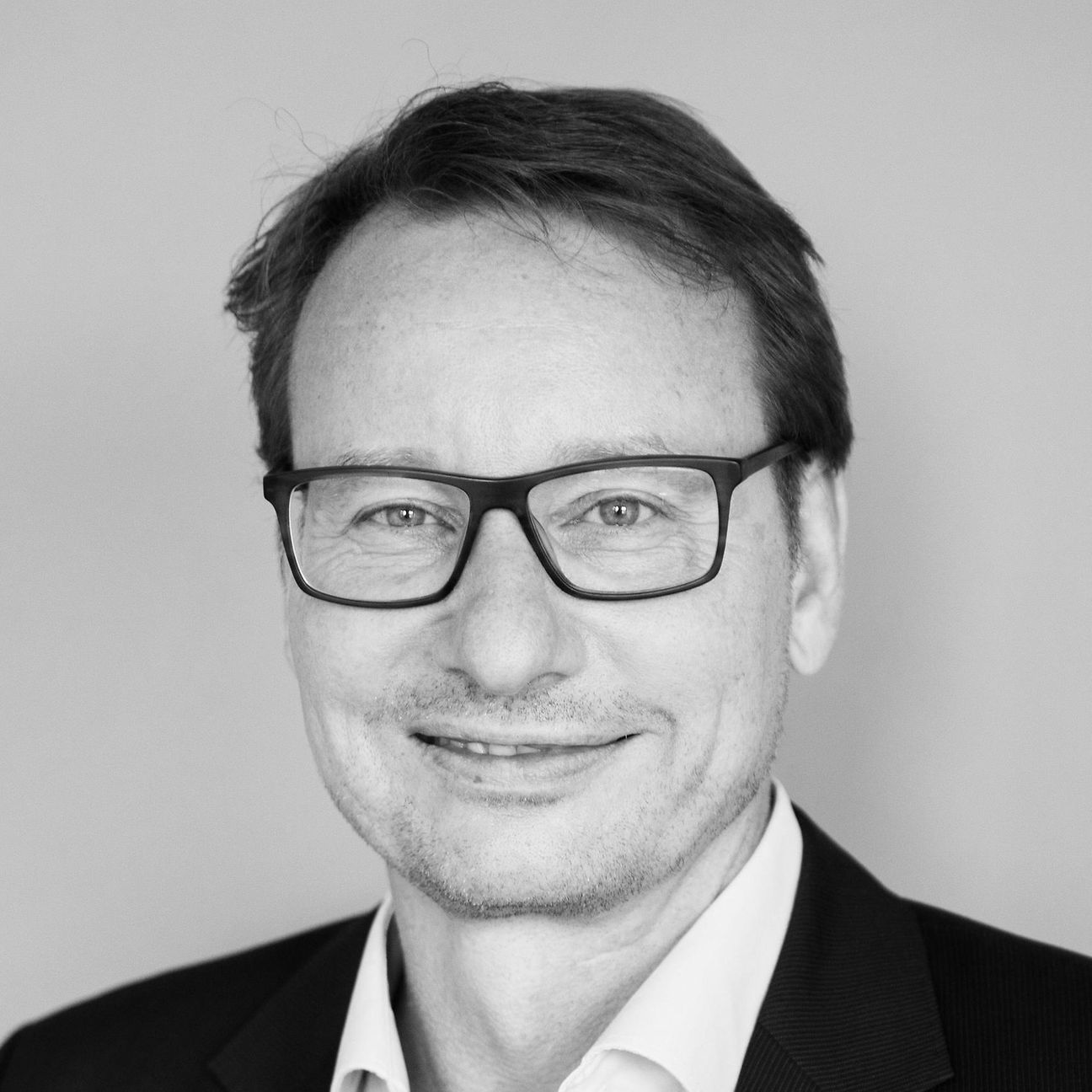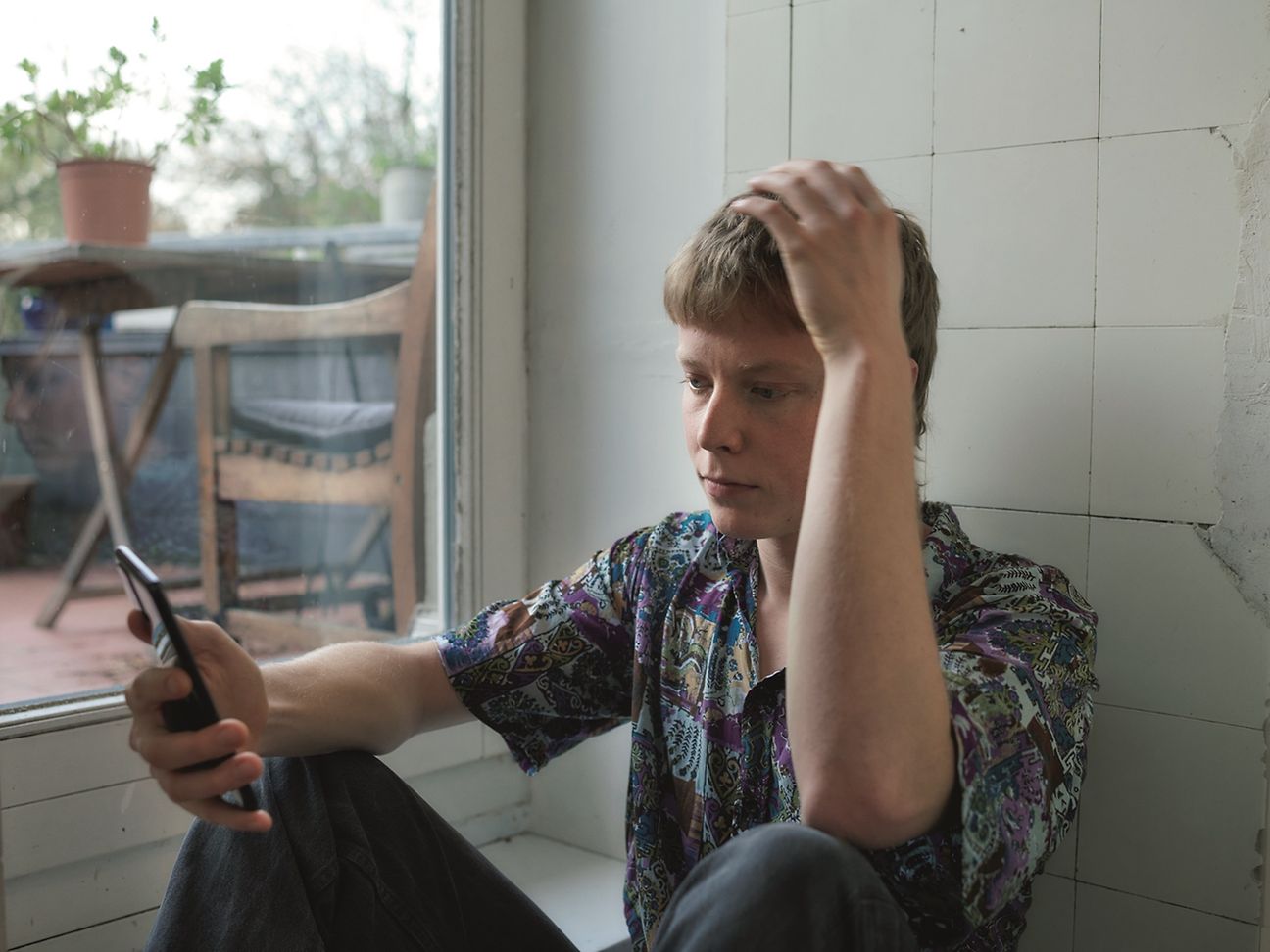

Hatespeech against top athletes
Top athletes are exposed to extreme forms of hate speech. Telekom draws attention to this in an emotional video spot and calls on people not to look away.
Thomas Müller, Leroy Sané, and Leon Goretzka turn their smartphones off when they’re on the soccer field. However, the timelines of the professional players and those of their club are frequently full of hate comments after games. In the ad, the three professional players read some of these posts out loud. The hateful comments and the reaction of the players create a feeling of incredulity and helplessness. Nobody should have to tolerate such disrespect, irrespective of how much they are used to being in the public eye. The hope is that the initiative will encourage people to actively stand up against online hate.
For many top athletes, hate comments and online insults are part of their daily routines. And this isn’t something that just affects global superstars such as Thomas Müller. The 2020 German tennis champion Benjamin Hassan was subjected to racially-motivated hate comments because of his Lebanese origins. Female soccer professional Lena Triendl was told online it would be better if she played naked. Such statements are not a rarity as demonstrated by an SWR survey sent to female sports professionals: 39 percent of those surveyed said they experience sexism on social networks and 19 percent stated they experience hostility and insults.
Dr. Daniel Nölleke from the German Sport University Cologne is performing scientific research into hate speech in sport: “Professional athletes are often conflicted as a result of online hostility. On the one hand, hate speech causes great psychological stress. Especially if the hate isn’t “just” based on their sporting performance but takes on a sexist or racist dimension. On the other hand, athletes – especially up-and-coming athletes – need to be in the public eye for their career. It is practically impossible for such athletes to come offline.”
We will not leave the field to the haters
When people are drowned out by the online hate and decide to come offline, this is called “silencing”. Their online voice is lost. According to a study carried out by Leipzig University, around a quarter of those questions have been insulted, threatened, or subjected to hate speech online and the trend is rising. Younger people are most frequently confronted with hate.
Together with FC Bayern, Deutsche Telekom is calling on everybody to not leave the field to the haters and to take an active stand. The internet should be an area of countless opportunities for everyone in which we treat each other with respect. Those who don’t accept this and refuse to be educated must expect legal consequences because hate speech and threatening messages are punishable by law. Those affected can get support from Telekom partners “hatefree” or “HateAid” for example. Anyone who witnesses hate speech can contact the Respect reporting unit. The “no hate speech” topic special also contains ten tips for civil courage online.
Dr. Nölleke knows how important it is to also be active against hate speech in top level sport: “The fans need to be made aware what online hate means to the athletes. In the anonymous crowd, many people forget just how powerful their words can be. This also applies to those who witness hate speech. Countering such comments is an important intervention tool. Haters often backpedal when they are confronted by other fans.”



